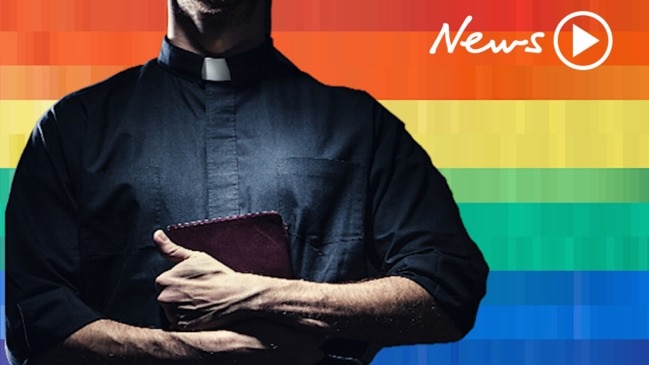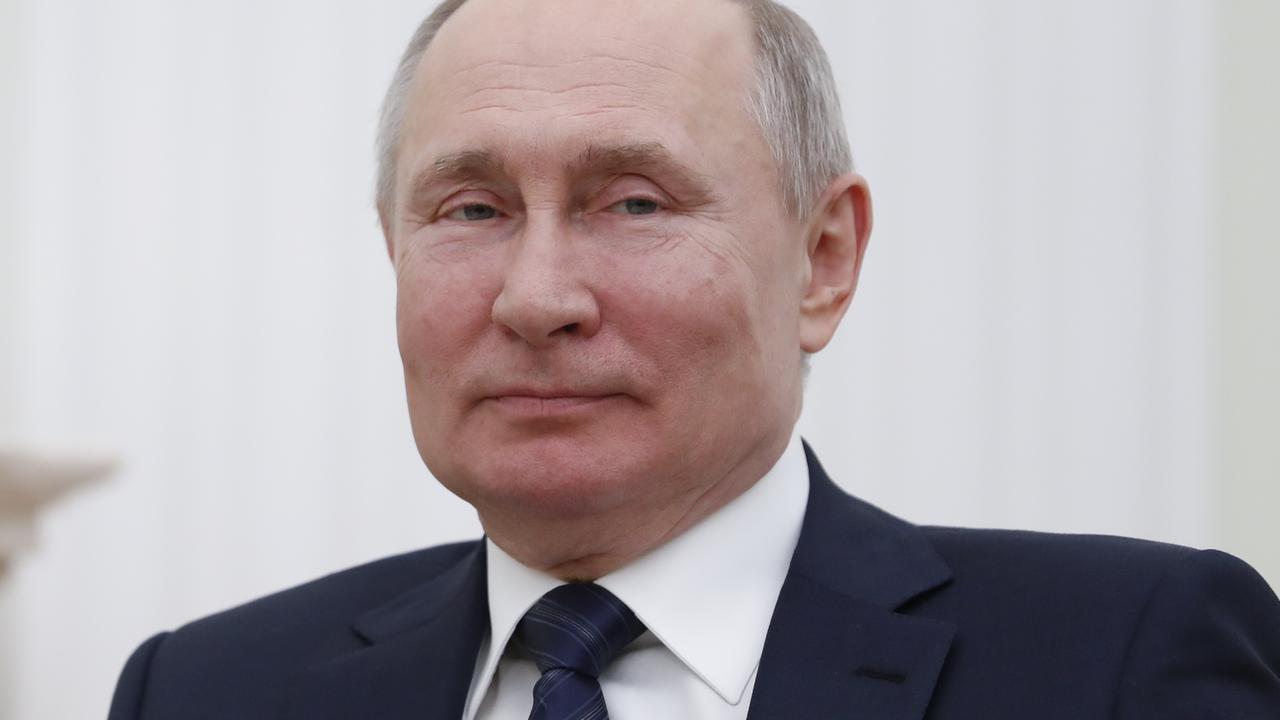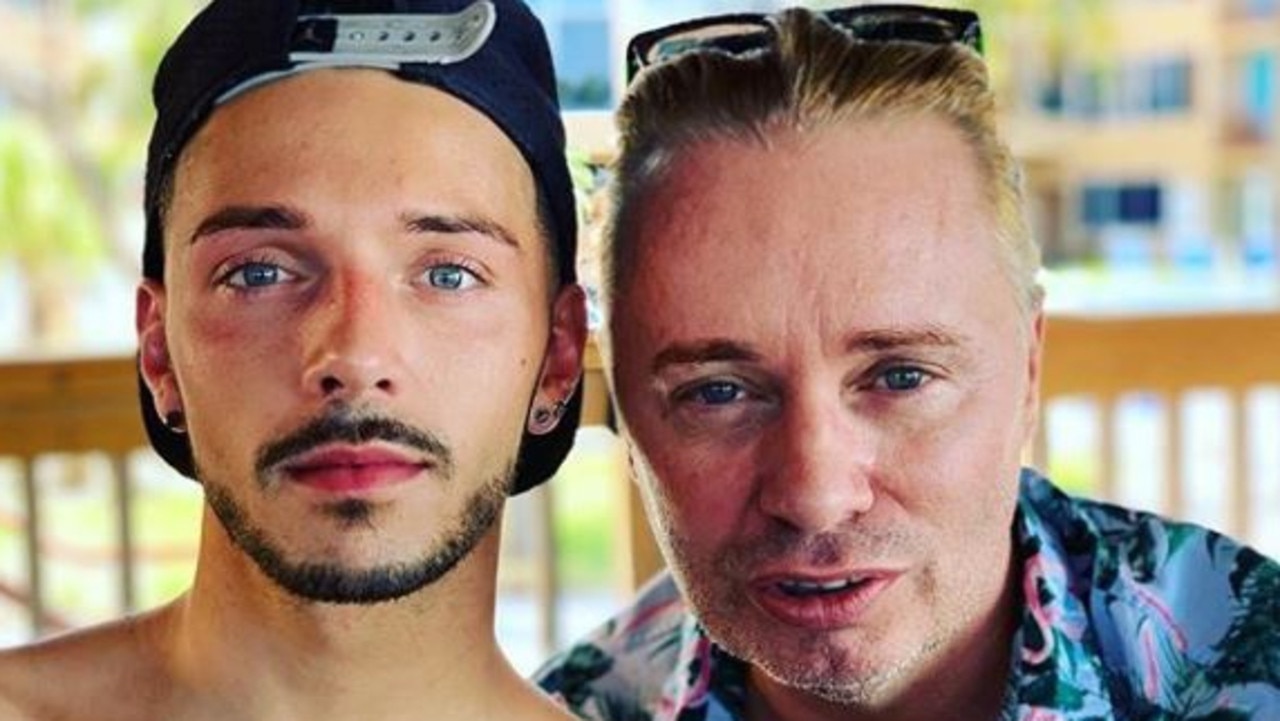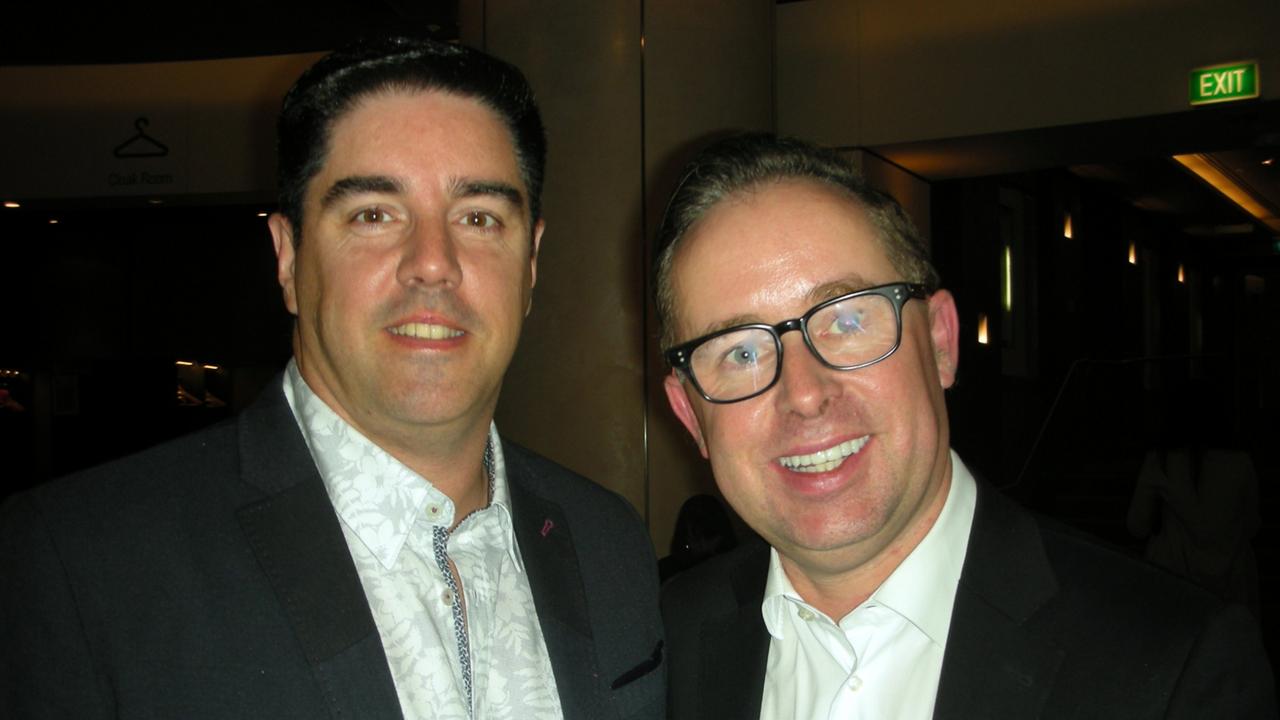The enormous cost of same-sex marriage in Australia has been revealed
The dire impact of Australia’s public vote on same-sex marriage has been revealed, just over a year on from the result in favour of change.
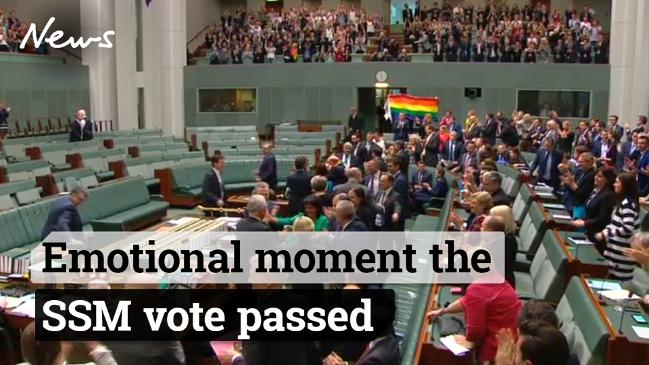
The enormous cost of Australia’s same-sex marriage postal vote in 2017 has been revealed in startling new research — and it goes well beyond the $122 million price tag.
University of Sydney psychologists found that the increased exposure to negative messaging during the long and divisive debate caused “psychological distress” for gay, lesbian and bisexual people.
Experts probed the mental health outcomes of the postal vote, insisted on by the Coalition Government, and published the findings in the Australian Psychologist journal today.
The research documented increased levels of depression, anxiety and stress among same-sex attracted Aussies during the vote, which ultimately saw the country back change.
“The findings highlight how political decision-making and legislative processes related to the rights of minority populations have the potential to negatively affect their mental health,” lead author Stefano Verrelli said.
The findings confirmed what a number of mental health experts and groups had warned after the public on whether to change the Marriage Act was announced.
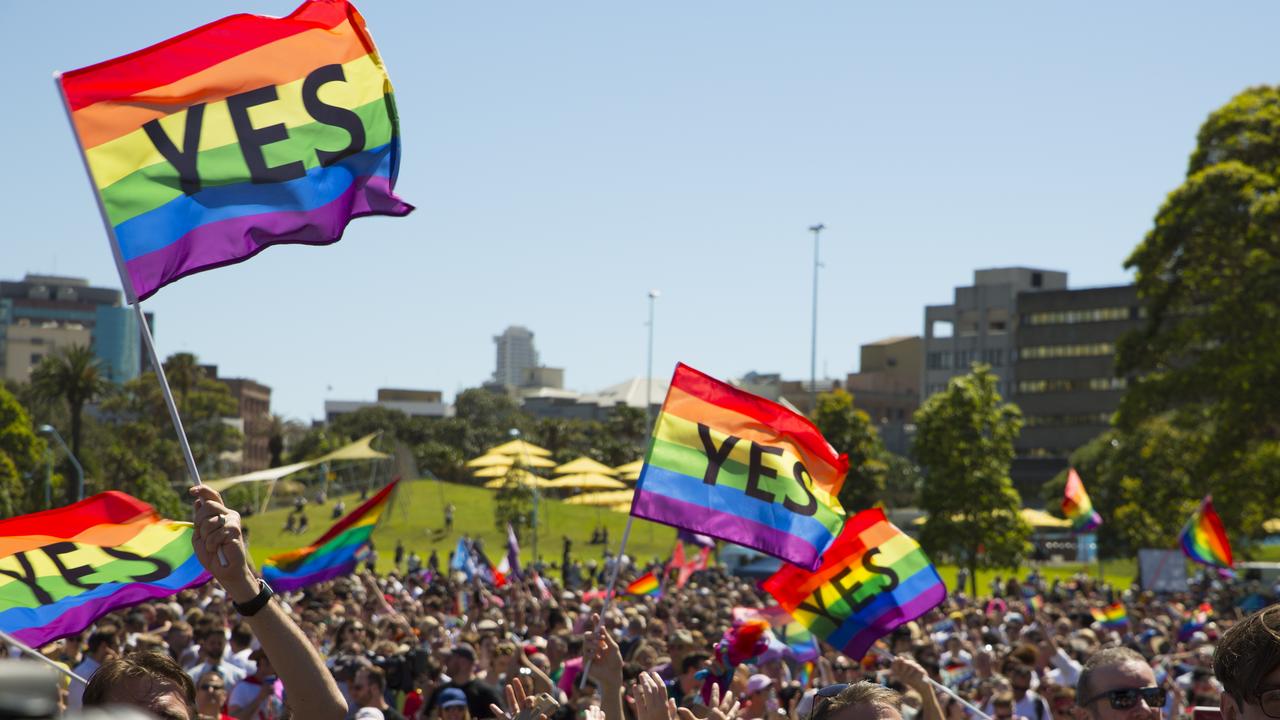
Former prime minister Tony Abbott and his successor Malcolm Turnbull insisted the plebiscite was necessary, despite successive polling showing most Australians supported same-sex marriage.
The government also pushed forward with the costly exercise, despite pleas from the Australian Medical Association, the National Mental Health Commission and the Australian Psychological Society, among others.
“Being on the ground and talking to the community, I saw the detrimental impact on a particularly vulnerable population,” campaigner Shirleene Robinson told news.com.au.
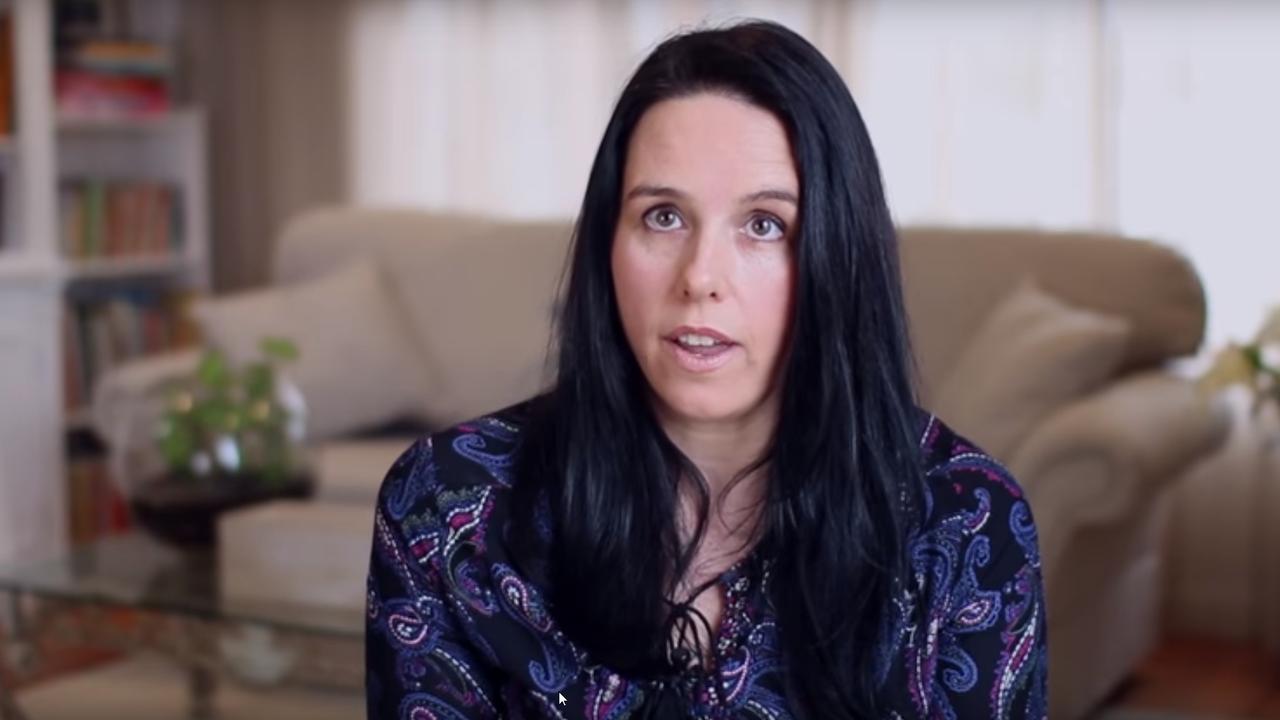
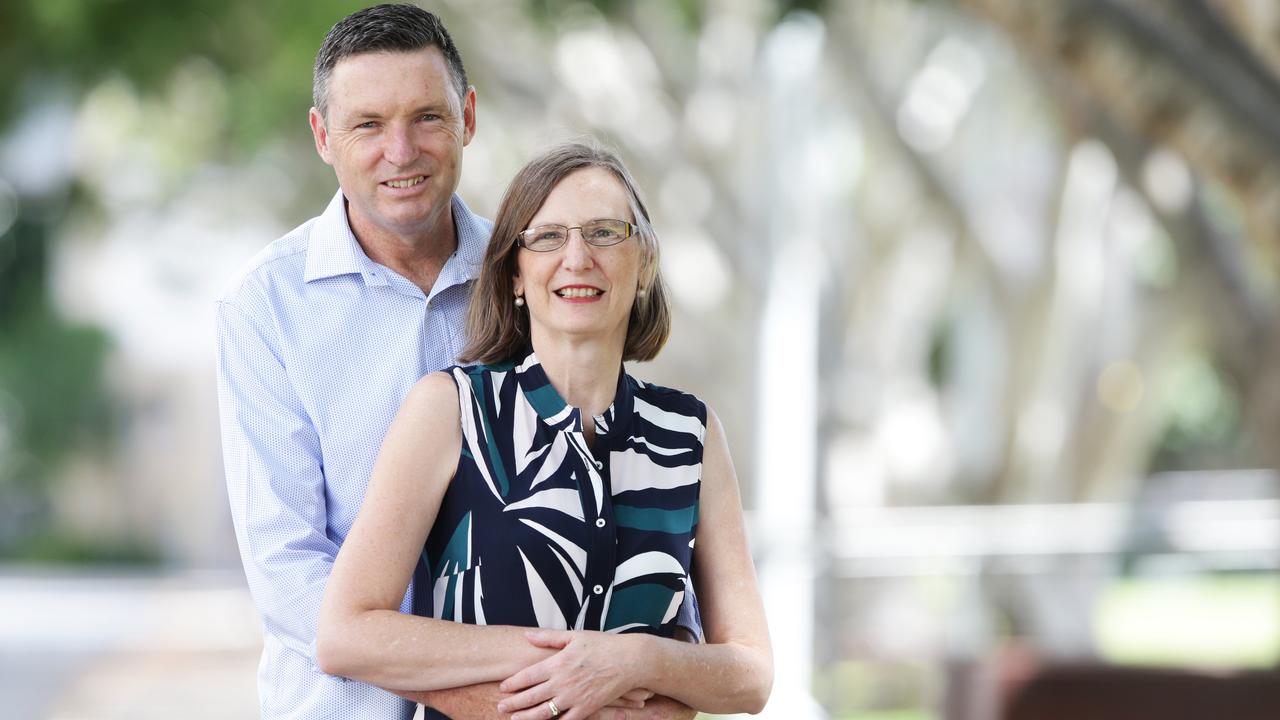
Ms Robinson wrote a book about the campaign, “Yes Yes Yes: Australia’s Journey to Marriage Equality”, alongside veteran activist and politician Alex Greenwich.
She said the findings of the research illustrate the significant consequences of what she described as an “unnecessary and pointless exercise”.
“We know that the postal survey was never necessary. It was an entirely pointless process — this should’ve been legislated through parliament without a public vote,” Ms Robinson said.
“It’s upsetting to see this detailed and rigorous research highlighting the intense trauma suffered as a result.
“Being in a position where your very life is the subject of such intense scrutiny and debate causes a great deal of stress and emotional turmoil.”
Different segments of the community felt the impacts of the No campaign more significantly, she said, particularly those in regional areas, people who aren’t out, and youth.
In addition, older gay, lesbian and bisexual Australians who recall the nastiness of still relatively recent debates about decriminalising homosexuality would’ve likely been “retraumatised”.
“It’s only in 1997 that Tasmania became the final state to decriminalise,” Ms Robinson said.
“That’s quite recent. People have lived through difficult discussions about their lives, their existence. The sad thing is that the government was told this would happen by mental health experts and organisations.”
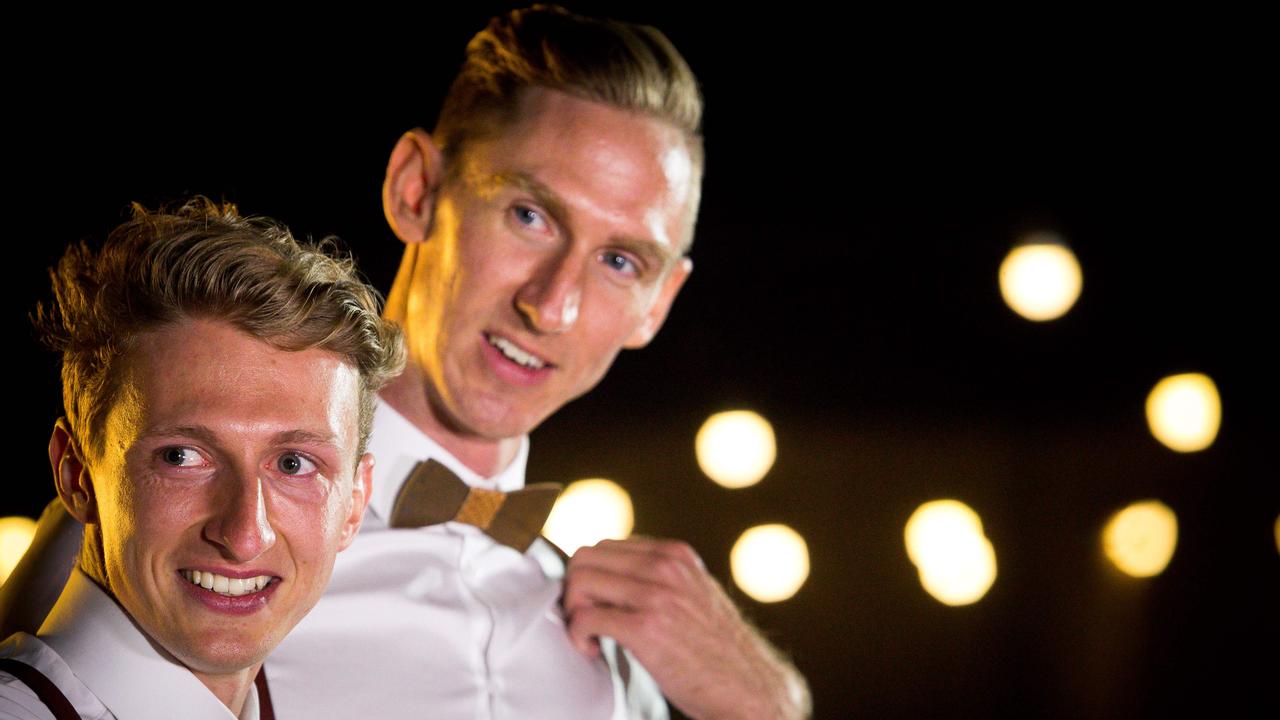
She called on those who ran the ‘no’ campaign, including prominent Christian Lobby figure Lyle Shelton, to apologise for the harm caused.
“I hope the research causes them to reflect on the type of damaging campaign they ran about people’s lives. I would like an apology to the community who had to experience such a difficult time,” Ms Robinson said.
Mr Shelton has vowed that the Australian Conservatives, for whom he is running as a Senate candidate, will seek to outlaw same-sex marriage.
“Those in parliament who supported this process should also reflect on their legacy. I would like to see the government provide increased support to frontline services to help people who have suffered due to this process,” Ms Robinson said.
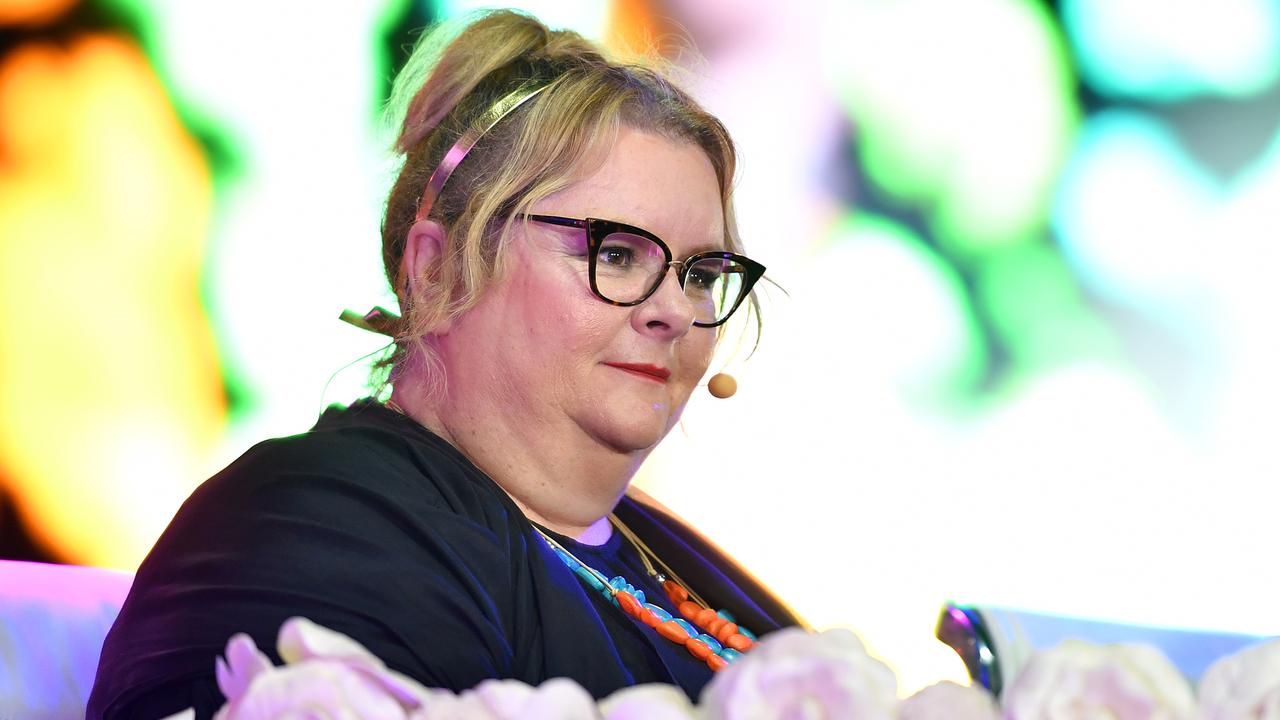
One positive to come from the research was a finding about increased resilience among those Australians who had access to support from loved ones and strangers alike.
“The family and friends of same-sex attracted people appear to play an important role — and seem to even offset some of the harm done by the negative side of these debates — by openly supporting LGBT rights,” Mr Verrelli said.
Australians who showed their support for the campaign, from putting signs in windows to marching alongside the community, also had a positive impact, Ms Robinson said.
“Those Australians who showed their solidarity and support really helped make a positive difference. To those people, your support for equality made a difference.
“Out of a very bleak and unnecessary process, there was a level of social support that helped.”
The scope of the research didn’t extent to the transgender community and Mr Verrelli said a more in-depth exploration of the mental health impact of the campaign was warranted.
Continue the conversation shannon.molloy@news.com.au | @sleemol
